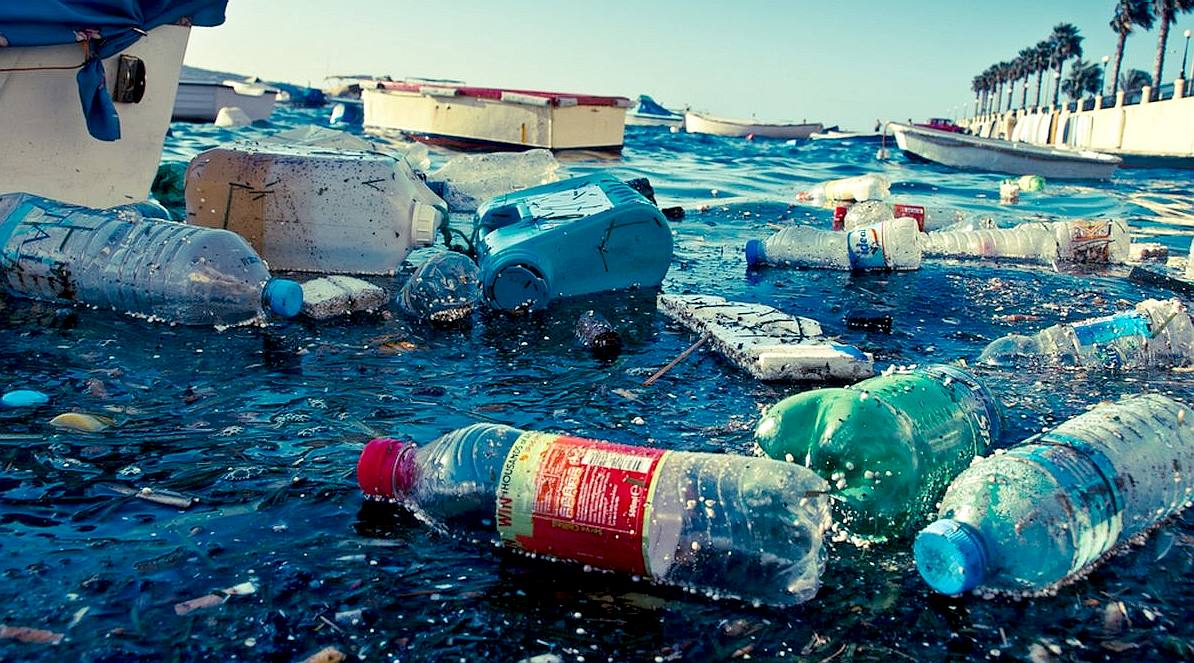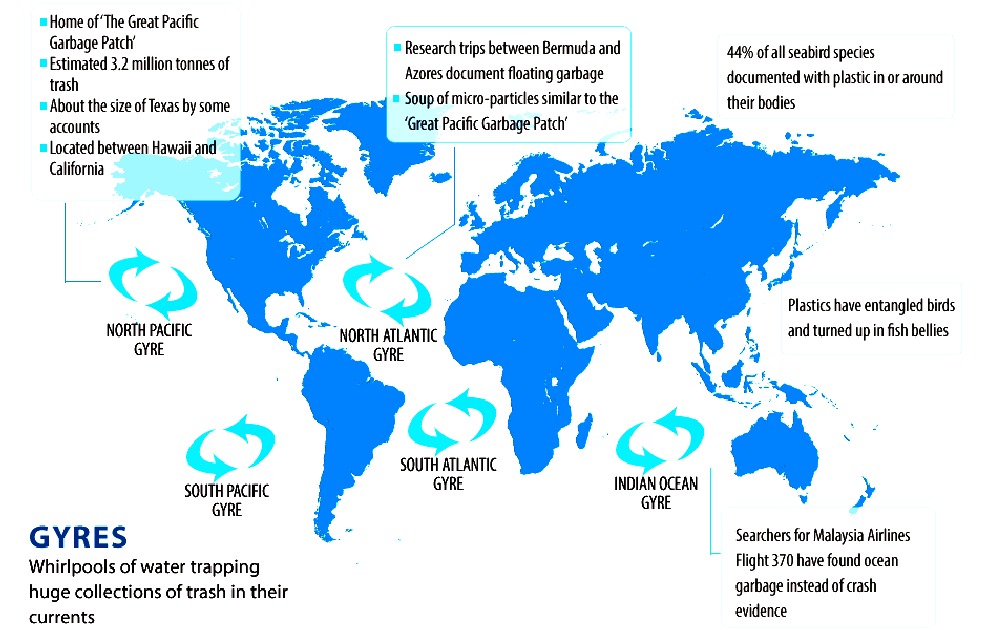|
SABIC - PLASTICS
SABIC
(Saudi Arabia Basic Industries Corporation) is a global leader in diversified chemicals headquartered in Riyadh, Saudi Arabia. It manufactures on a global scale in the Americas, Europe, Middle East and Asia Pacific, making distinctly different kinds of products: chemicals, commodity and high performance plastics, agri-nutrients and metals. The company has more than 33,000 employees worldwide and operates in more than 50 countries, with innovation hubs in five key geographies – USA, Europe, Middle East, South East Asia and North East Asia.
SABIC was the world's fourth-largest chemical producer in 2013. It is currently the second-largest global ethylene glycol producer and is expected to top the list after the introduction of new projects. SABIC is the third-largest polyethylene manufacturer, the fourth-largest polyolefins manufacturer, and the fourth-largest polypropylene manufacturer. SABIC is also the world's largest producer of methyl tert-butyl ether, granular urea, polycarbonate, polyphenylene and polyether imide.
In 2017, SABIC was ranked fourth in the world among chemical companies by Fortune Global 500. By the end of 2018 Sabic was the world's 281th-largest corporation. In 2010, SABIC grew to be the second-largest diversified chemical company, or first when measured only by asset value. Measured over all its branches, it became (as of 2014) the world's 98th-largest corporation on the Forbes Global 2000 ranking (which lists only publicly traded companies), with sales revenues of $50.4 billion, profits of $6.7 billion and assets standing at $90.4 billion.
The company is based in Riyadh and has interests in 17 affiliated companies, which range from full ownership to significant partial participation.
Most companies in the plastic business operate responsibly toward the environment, seeking to limit ecological damage beyond their control ......
* Denotes membership of the AEPW
We cannot do without plastics in our modern society. It is incredibly versatile, extending the capabilities of mankind. But plastic is getting bad press from a lack of recycling efficiency in many countries where significant quantities are being flushed out to sea via rivers and other coastal dumping on beaches.
There is nothing wrong with plastic if it is disposed of carefully. Oil derived plastics are a finite resource and non-renewable demanding special attention, as with the changeover from burning fossil fuels to renewables.
This gives us another good reason to develop a system for making the best use of plastic, and this includes recycling it way more effectively than before. We cannot afford to waste plastic that is in our oceans, and we are talking about at least 8 million tons a year of the stuff going out to sea.
FAST FOOD SLOW DEATH - It's not just fast food, it is our exploitative society that is poisoning the planet, without thought for the consequences. We've been living at artificially low prices at the expense of killing other life on earth. Eat cheap now and suffer expensively later, with health services picking up the tab and costing the taxpayer more than if we'd dealt with ocean dumping up front. We are talking here about the consequences of eating toxic fish. Technically, it is possible to remove plastic from seawater. There are two projects currently trying to achieve this, the Ocean Cleanup Projects of Boyan Slat and his giant floating booms, and the Cleaner Ocean Foundation and SeaVax.
It's easy to dismiss plastics as cheap and nasty materials that wreck the planet, but if you look around you, the reality is that we depend on it. If you want cars, toys, replacement body parts, medical adhesives, paints, computers, water pipes, fiber-optic cables, and a million other things, you'll need plastics as well.
If you think we struggle to live with plastics, try imagining for a moment how we'd live without them. Plastic is pretty fantastic. We just need to be smarter and more sensible about how we make it, use it, and recycle it when we're done with it.
Most plastics are synthetic, they'd never spontaneously appear in the natural world and they're still a relatively new technology, so animals and other organisms haven't really had chance to evolve so they can feed on them or break them down.
Since a lot of the plastic items we use are meant to be low-cost and disposable, we create an awful lot of plastic trash. Put these two things together and you get problems like the Great Pacific Garbage Patch, a giant "lake" of floating plastic in the middle of the North Pacific Ocean made from things like waste plastic bottles.
How can we solve horrible problems like this? One solution is better public education. If people are aware of the problem, they might think twice about littering the environment or maybe they'll choose to buy things that use less plastic packaging.
Another solution is to recycle more plastic, but that also involves better public education, and it presents practical problems too (the need to sort plastics so they can be recycled effectively without contamination). A third solution is to develop bioplastics and biodegradable plastics that can break down more quickly in the environment.
LINKS & REFERENCE
https://
BUILD UP - Plastic has accumulated in five ocean hot spots called gyres, see here in this world map derived from information published by 5 Gyres. All that plastic just floating around is a huge waste of resources in a sustainable sense, where we should be aiming for a circular economy.
RECYCLING TECHNOLOGY - Autonomous river and sea cleaning machines are on the horizon with energy harvesting from nature under development in 2019 - a 12m craft planned for construction in 2020 - with filtration scheduled to be added in 2021. Collaborative research with producers and end users is welcomed, aiming for sustainability in a circular economy.
ABS - BIOMAGNIFICATION - CANCER - CARRIER BAGS - COTTON BUDS - DDT - FISHING NETS HEAVY METALS - MARINE LITTER - MICROBEADS - MICRO PLASTICS - NYLON - PACKAGING - PCBS PET - PETROLEUM - PLASTICS - POLYCARBONATE - POLYOLEFINS - POLYPROPYLENE - POLYSTYRENE POLYTHENE - POPS - PVC - SHOES - SINGLE USE - SOUP - STRAWS - WATER
This website is provided on a free basis as a public information service. copyright © Cleaner Oceans Foundation Ltd (COFL) (Company No: 4674774) 2019. Solar Studios, BN271RF, United Kingdom. COFL is a company without share capital.
|

